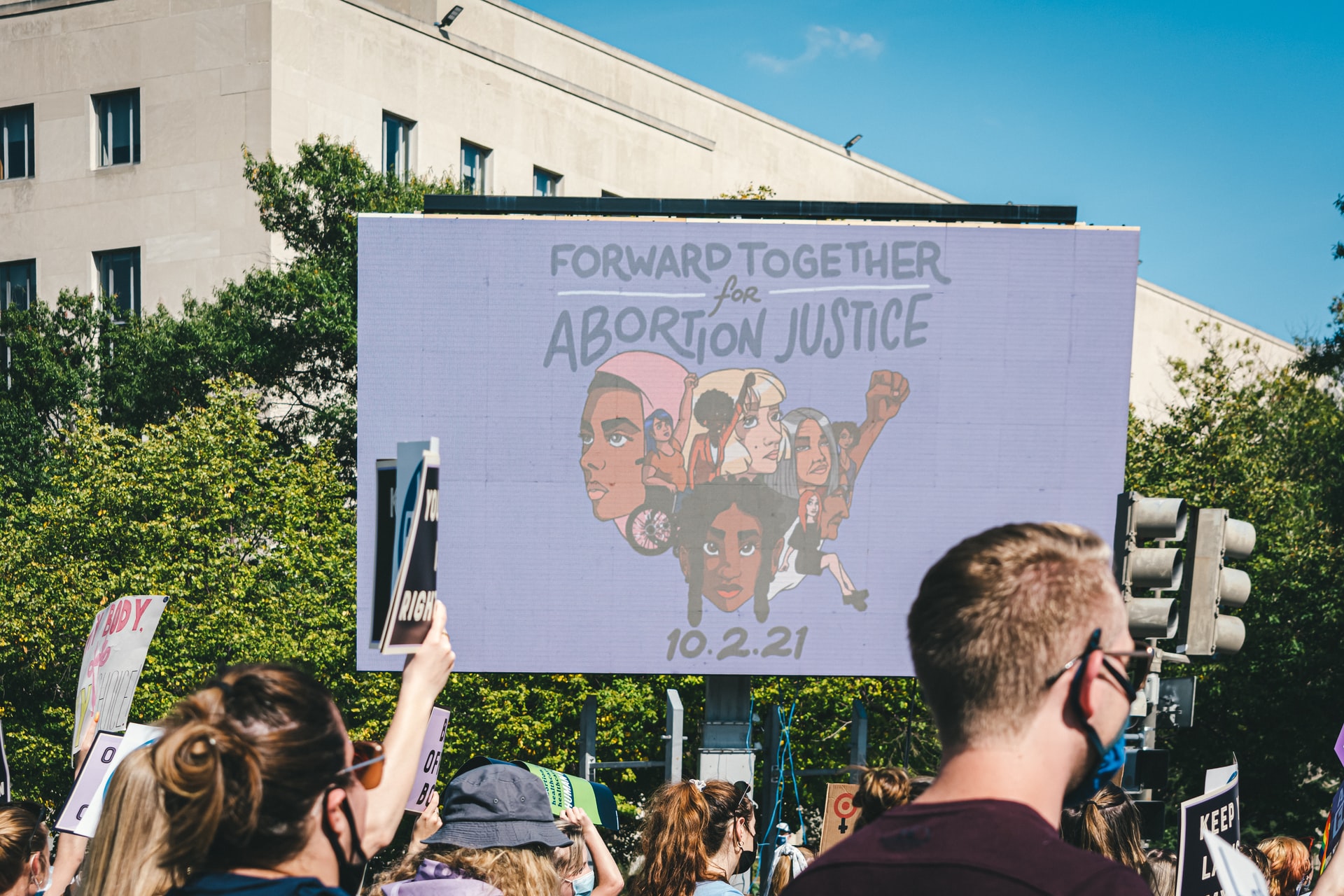Roughly 20 percent of college students in states where abortion is or will soon be illegal are “definitely” planning to transfer to states without abortion restrictions, while 45 percent are considering the option, according to a new survey by online magazine Intelligent.com.
The survey of 1,000 students attending schools in states where abortion is currently or soon-to-be illegal comes after the Supreme Court overturned Roe v. Wade, which had protected women’s right to abortion for nearly 50 years.
The Supreme Court decision presents a potential interruption in higher education for nearly half of students who attend school in states where abortion is presently or will soon be prohibited.
Sixty-five percent of students who plan to leave colleges in states with abortion restrictions say they are doing so to ensure they or their partners will have access to legal abortion treatment for unintended pregnancy.
Men were more likely than women to choose this explanation — by 70 percent to 61 percent.
However, compared to 40 percent of men, 48 percent of women claim they want to transfer because they don’t want to go to college in a state that doesn’t support bodily autonomy.
Reasons for Not Transferring
The reasons given by students who do not intend to transfer are practical, based on real-life concerns.
Fifty-two percent of those who do not consider transferring say they cannot due to personal or financial constraints. Pro-choice students are somewhat more likely to give this reason than pro-life students.
Twenty-nine percent of these students also say they are too far along in their program to switch schools.
While the US works out its current abortion laws, anti-abortion activists are calling for a nationwide ban on the procedure.
Seventy-five percent of pro-choice students are “very concerned” about the possibility of a nationwide abortion ban, while 22 percent are “somewhat concerned.”
The majority of pro-choice students are taking action to combat this. Students are showing their support by donating to abortion funds and women’s health care centers; others say they are volunteering with organizations that support women’s reproductive rights.



